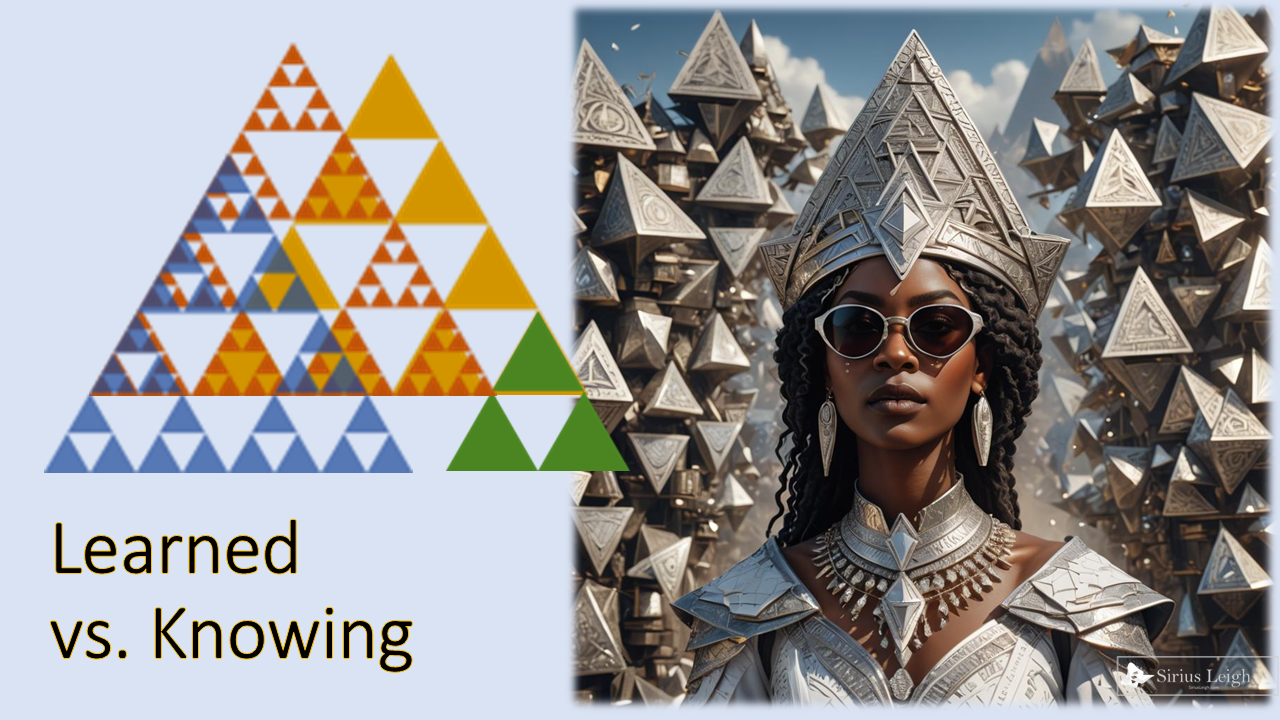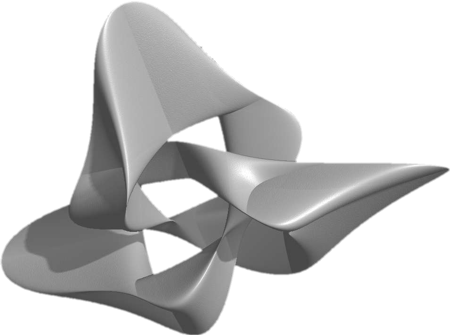
Learned vs. Knowing
The Space Where Life Becomes the Teacher
I studied Spanish for three years in high school and another three years in college. Six years total.
That’s a good amount of time to dedicate to anything. I could conjugate verbs on command, navigate sentence structure, even impress a professor or two with my essays and oral exams. But it wasn’t until I took a trip to Mexico that I realized something humbling and profound: I had studied Spanish, but I did not know Spanish.
All of those years, I’d rehearsed the language in neat and curated environments, such as classrooms, textbooks, flashcards, and language labs. But standing in the bustling bus station in Mexico City, trying to understand rapid-fire conversation, pick up on cultural cues, or order a meal without fumbling – it all hit differently. I was swimming in a sea of real language, spoken by real people, in real time. Suddenly, I saw the canyon-wide gap between study and knowing.
And it’s not just with language.
Ask any doctor, lawyer, or teacher who’s been in the game for a few years. They’ll tell you: the classroom gives you a foundation, but the job gives you depth. Medical school may teach anatomy and diagnostics, but it doesn’t prepare you for the emotional weight of delivering hard news to a patient’s family. Law school offers theories of justice and precedent, but it can’t fully prepare a lawyer for the unpredictable dance of negotiation or the human complexity of a courtroom. Teachers learn about pedagogy and lesson planning, but the first time a student bursts into tears or reveals a personal crisis mid-lesson, well there’s no textbook chapter for that.
Nuance doesn’t live in the curriculum.
It lives in the living and it can not be taught.
It must be experienced.
Study gives you a map. Experience walks you through the terrain,
through the hills, the valleys, the fog, and the unexpected beauty.
And that nuance, the texture of reality, is where true knowing is born.
Nowhere is this more evident than in the realm of the esoteric, the mystical, the metaphysical. You can study ascension, astral travel, sacred geometry, or the synergy between God and math until your bookshelf groans with wisdom. You might even wear the cloak, light the candles, recite the affirmations, and host the study groups.
But none of this guarantees knowing.
That’s why, honestly, I’m a bit reserved with my teaching.
Not because I wish to withhold anything, if I could I’d shout it from the rooftops, but because I’ve witnessed the neophyte, freshly awakened and feeling smarter than the average bear, try to school everyone they meet on the first two levels of knowledge.
They quote the books, mimic the teachers, adopt the language and yet seldom recognize that what they think they’ve learned is but a fractional micron of what there is to know.
They’re like ice, stone cold until they feel the heat.
Then they evaporate into the mist.
(my version of the Seed and Sower Parable)
One of the clearest signs you’ve moved from learned to knowing is this: you can make use of it.
- A person can learn about science, but can they make use of data?
- A person can recite an affirmation, but can they make use of the words when anxiety creeps in?
- A person can learn math, but can they make use of the solutions to build, to model, to solve something real?
- A person can read the Bible cover to cover, but can they make use of the message when life breaks them open?
Knowledge that can’t be used is information, not wisdom.
True knowing is not just retention. It’s application. It’s fruit-bearing.
It shows itself in what we can build, how we show up, and what we’re able to hold, transform, or release.
There’s a kind of humility that only experience can instill. It strips away the desire to recite information and replaces it with the power of embodiment.
You don’t truly know energy until you’ve been cracked open by The Dark Night of the SoulThe Dark Night of the Soul by St. John of the Cross is a profound spiritual treatise that explores the More and still found yourself able to radiate love.
You don’t know divine intelligence until you’ve been silenced by synchronicities so precise they leave no room for coincidence.
You don’t understand the fractal patterns of God and math until you’ve experienced the same lesson showing up in a hundred different forms – inside your body, your relationships, your dreams, your finances, your prayers.
Real knowing changes you.
It rearranges your nervous system.
It humbles your intellect and lifts your intuition.
It teaches you that truth isn’t always tidy, that light often comes cloaked in shadow, and that the deepest lessons are rarely delivered in classrooms, but in kitchens, waiting rooms, forests, and funerals. In heartbreak and healing. In silence and song.
So today, I invite you to pause and reflect:
- Where in your life have you studied something deeply, only to realize the knowing came after the study?
- Are there places where you’re still in study-mode, gathering facts and ideas, but longing for embodied wisdom?
- What parts of your life are inviting you to step beyond the page and into the practice?
Take a peek around this site, it’s filled with study. So, it’s not that study has no value.
On the contrary, it prepares the soil. But the seed doesn’t sprout until it’s surrendered to the dark and messy ground of experience.
Study writes the script.
Life reveals the performance.
And knowing… knowing is what remains long after the lines have been forgotten.
Tag:knowing
